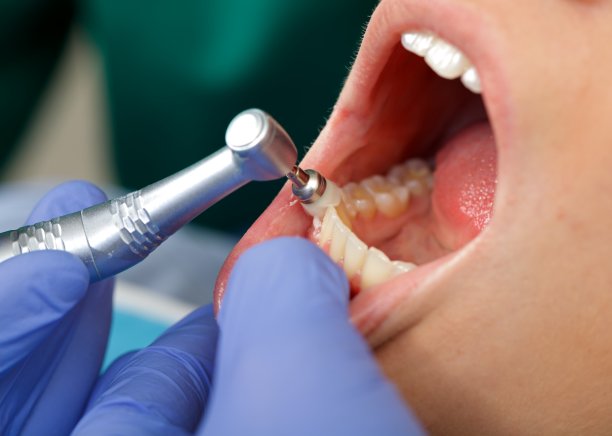The Comprehensive Guide to Understanding Dental Implants and Their Benefits for Restoring Your Smile and Oral Health
Summary: Dental implants have revolutionized oral health, offering a durable and aesthetically pleasing solution for individuals with missing teeth. This comprehensive guide explores the fundamentals of dental implants, their procedure, and the myriad benefits they provide in restoring not just your smile but your overall oral health. From enhanced functionality to improved confidence, we delve into how dental implants can transform lives, enabling a greater quality of life through better oral health. Understanding these benefits is crucial for anyone considering them as a viable option for tooth restoration.
1. Understanding Dental Implants: What Are They?

Dental implants are artificial tooth roots, usually made from titanium, that are surgically positioned into the jawbone. Their primary purpose is to provide a stable base for replacement teeth, either crowns, bridges, or dentures. This innovative solution mimics the function of natural roots, thereby ensuring that the new teeth feel, look, and work like your original ones.
The structure of a dental implant typically consists of three parts: the implant itself which is anchored into the bone, an abutment that connects the implant to the crown, and the crown which is the visible part of the tooth. Implants can be an excellent option for anyone who has lost a tooth due to injury, periodontal disease, or any other reason.
A major advantage of implant technology is its ability to prevent bone loss in the jaw, which often occurs when a tooth is missing. The implant integrates with the bone over time, helping to maintain its structure and strength, thus supporting long-term oral health.
2. The Procedure: How Are Dental Implants Placed?
The process of placing a dental implant generally involves multiple steps, beginning with a comprehensive evaluation. This often includes medical history discussions, X-rays, and a treatment plan tailored to individual needs. Understanding the timeline of placement, healing, and final adjustments is crucial to managing expectations.
The first step involves the surgical insertion of the implant into the jawbone. This procedure is typically done under local anesthesia, ensuring a pain-free experience. Once the implant is securely in place, a healing time of several months is necessary for the bone to integrate with the implant—an essential process known as osseointegration.
3. Benefits of Dental Implants for Oral Health
One of the most significant benefits of dental implants is their durability. With proper care, they can last a lifetime, unlike traditional dentures which often require replacement every few years. This long-lasting quality not only saves money in the long run but also provides the assurance of a reliable solution.
Dental implants also promote better oral health by preserving jawbone density. When a tooth is missing, the jawbone can begin to deteriorate over time. Implants stimulate the bone, which helps maintain its integrity, thus reducing the risk of future dental issues.
Another benefit is the restoration of function. Dental implants allow individuals to eat and speak with confidence, similar to natural teeth. They eliminate the discomfort often associated with dentures, providing a secure and stable solution for those with missing teeth.
4. Enhancing Confidence and Quality of Life
Beyond their practical health benefits, dental implants significantly enhance self-esteem and confidence. Individuals with missing teeth often feel self-conscious about their appearance, which can affect their social interactions and overall happiness. Implants provide a permanent and natural-looking solution that boosts self-image.
Many dental implant recipients report increased satisfaction with their smile and improved overall quality of life. The ability to enjoy a diverse diet without fear of discomfort or embarrassment plays a crucial role in social and physical well-being.
Furthermore, dental implants lead to better oral hygiene practices. Unlike removable dentures, implants function much like natural teeth, making it easier to maintain a regular oral care routine. This promotes ongoing oral health and decreases the risk of gum disease.
Summary:
In conclusion, dental implants offer a comprehensive solution for those seeking to restore their smiles and improve their oral health. They provide longevity, stability, and aesthetic appeal, enhancing confidence and contributing positively to ones quality of life. For anyone struggling with tooth loss, understanding the benefits and procedures involved in dental implants can be life-changing.
This article is compiled by Vickong Dental and the content is for reference only.



